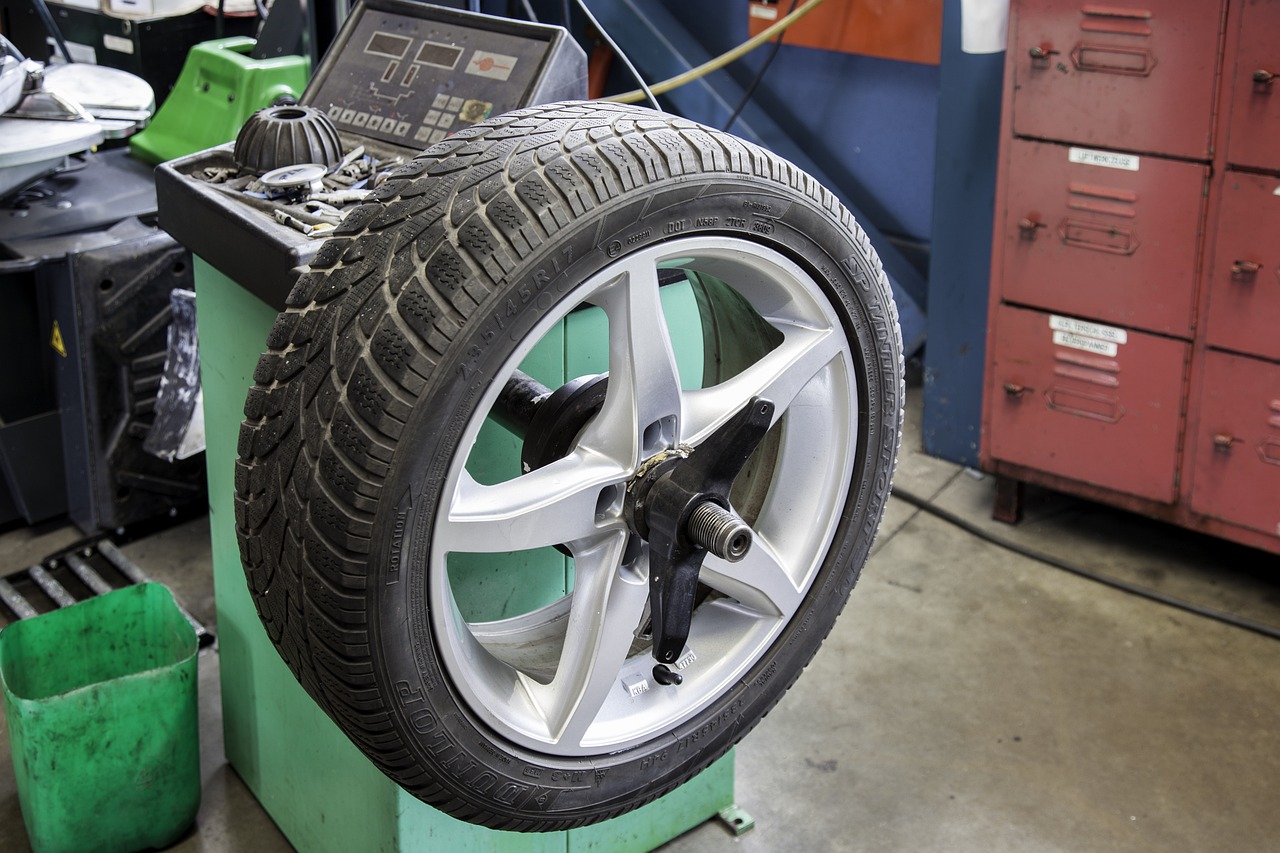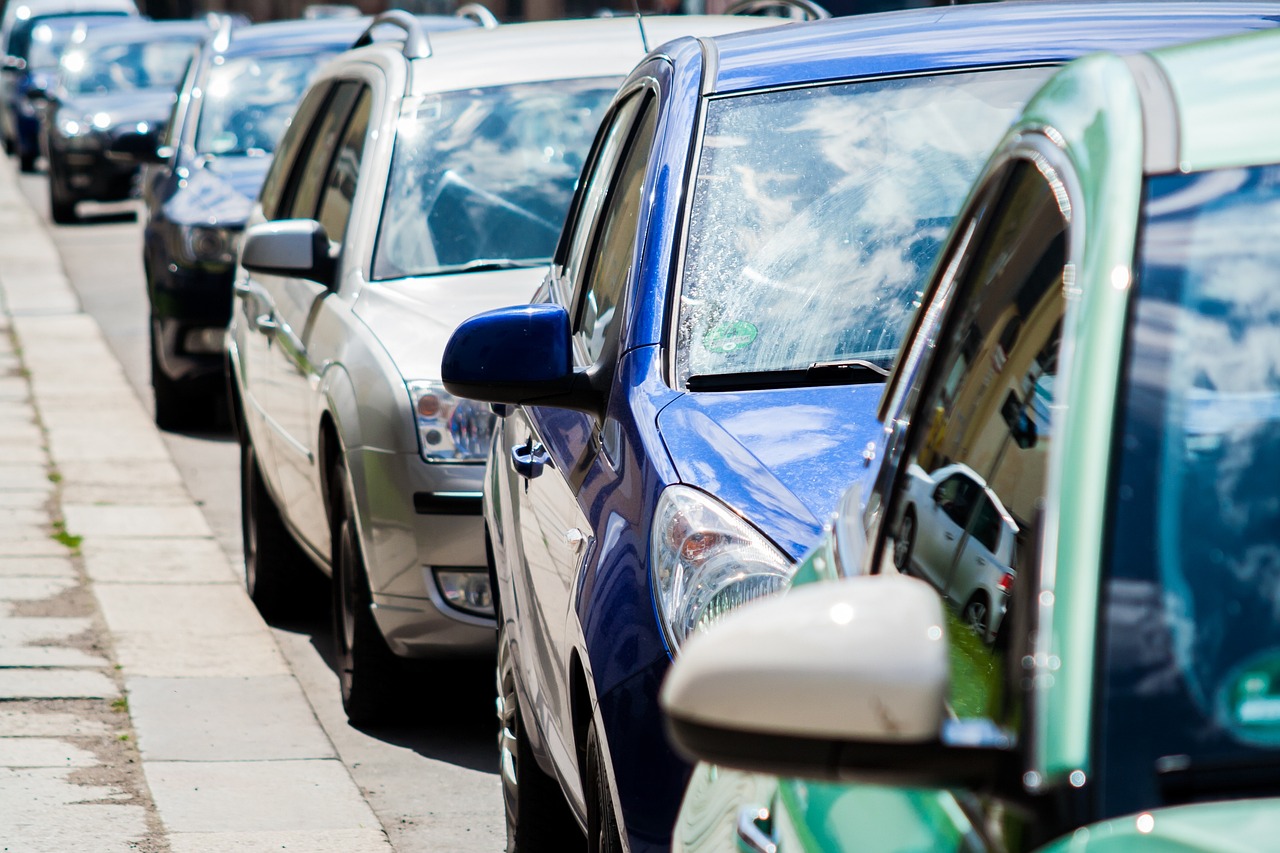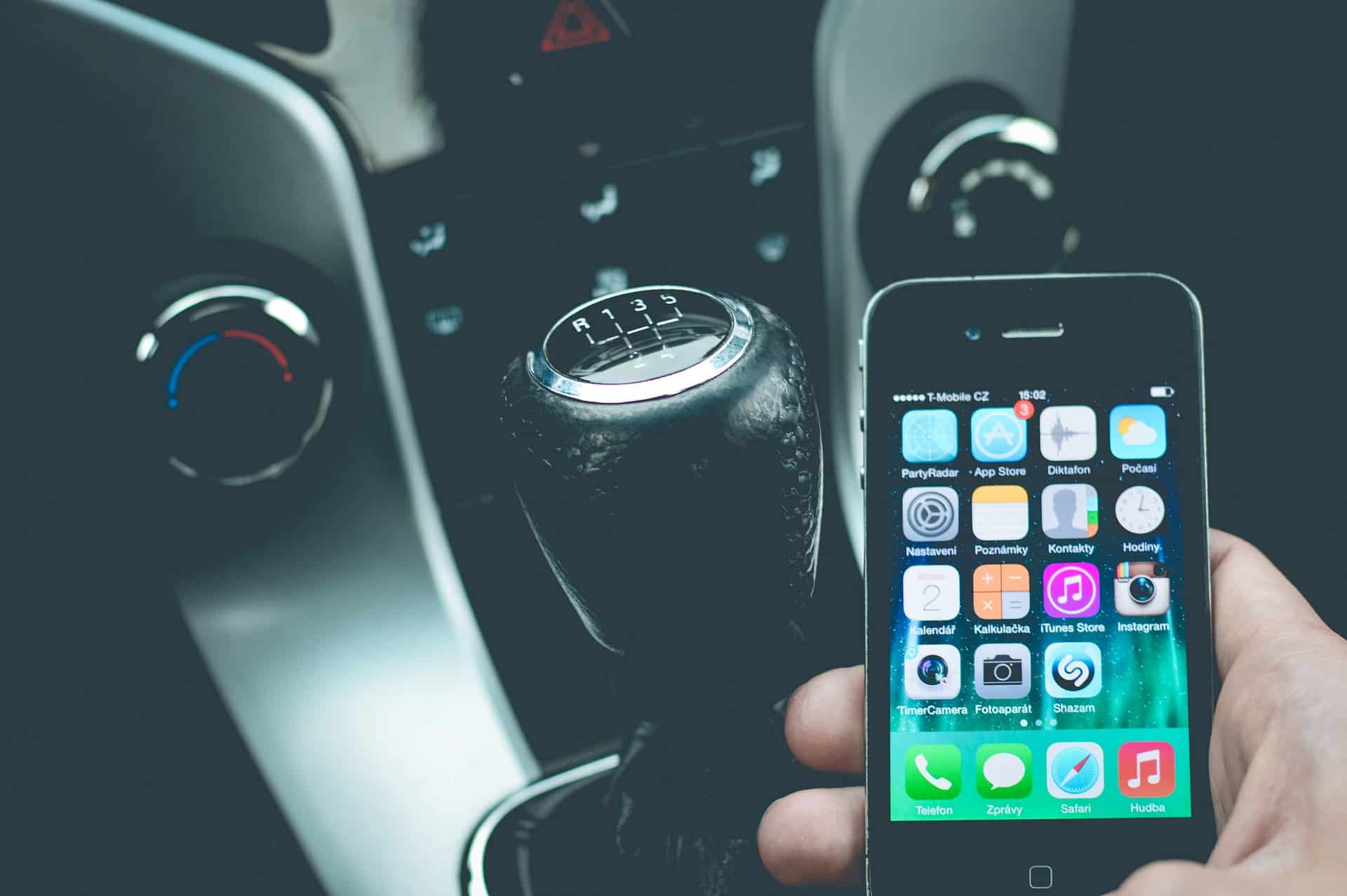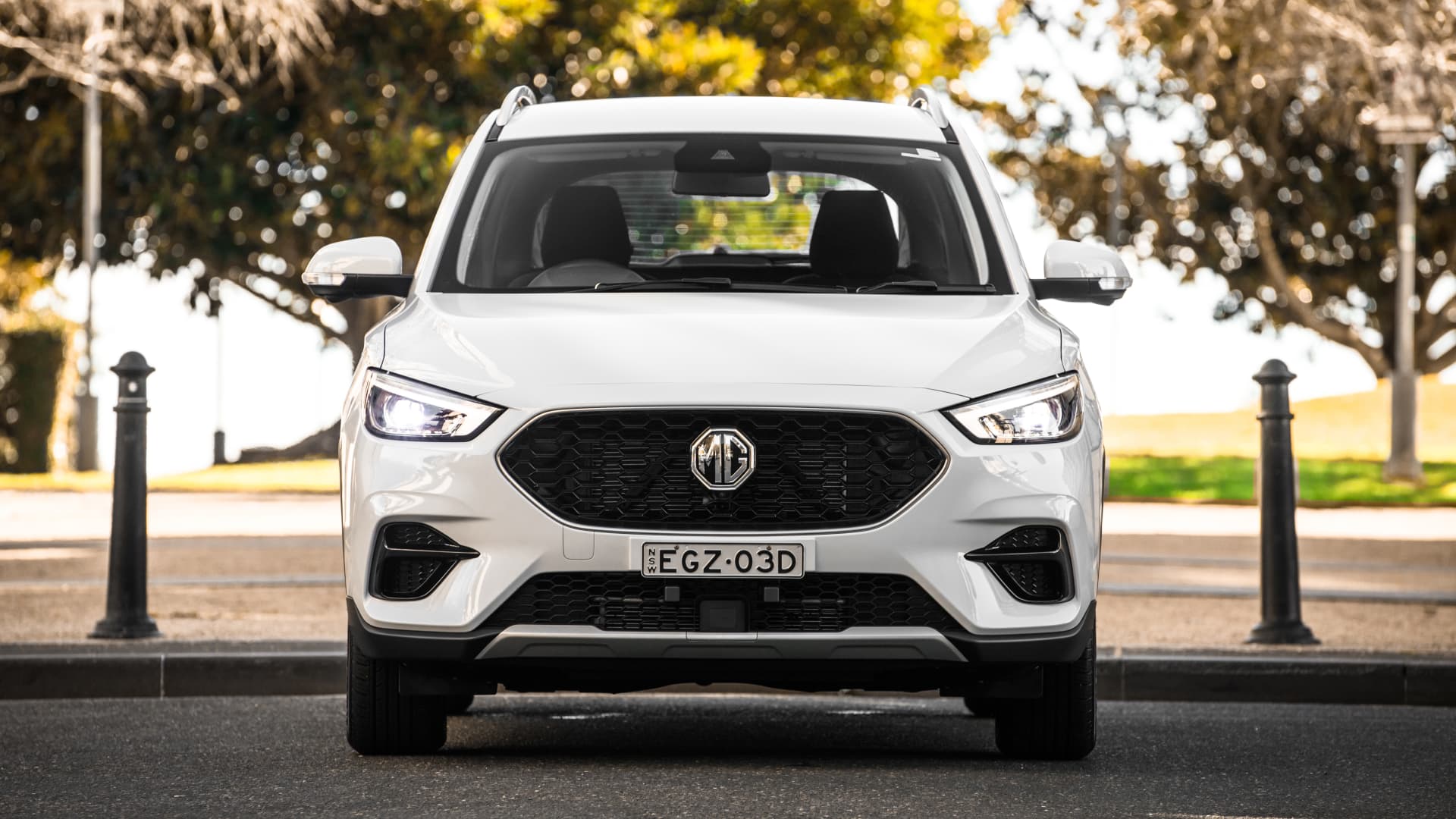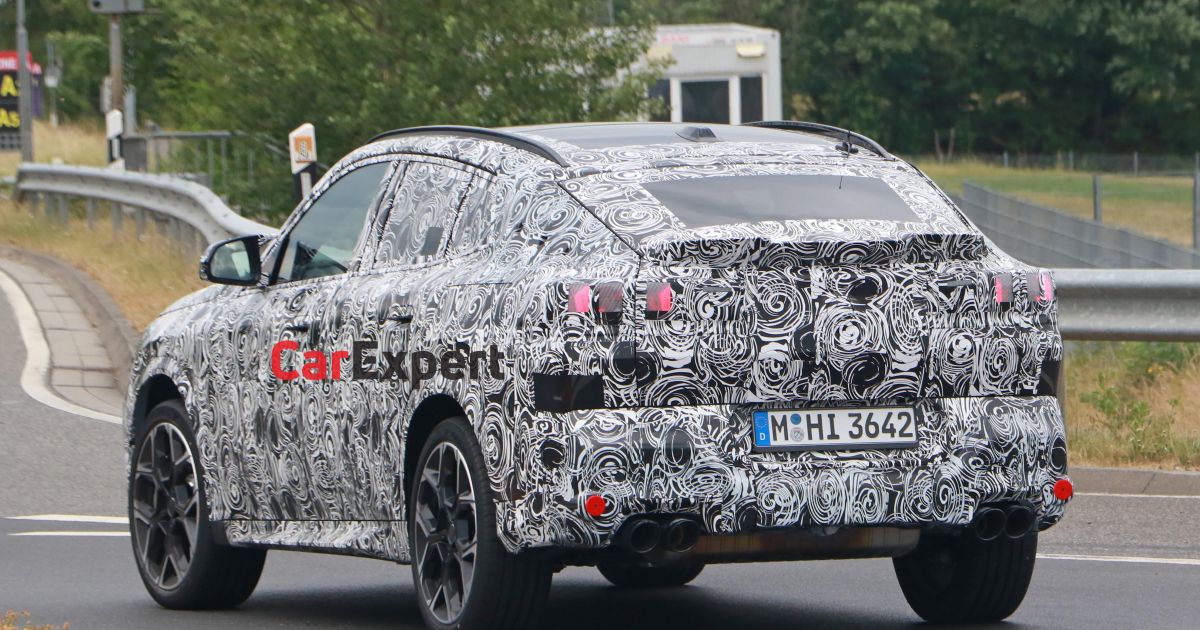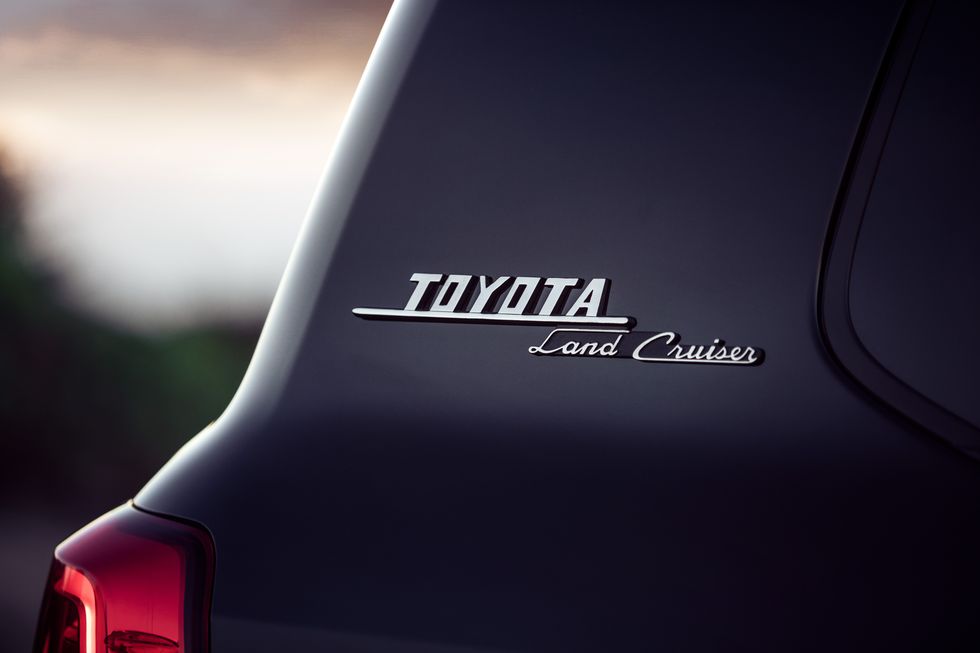Victoria’s electric-car road-user charges to increase from 1 July 2023


The same day the price of electricity is expected to jump by as much as 25 per cent, Victorian owners of electric and plug-in hybrid vehicles will be charged more money for each kilometre driven, thanks to the annual increase of the controversial road-user charge.
Drivers of electric and plug-in hybrid cars in Victoria will soon be paying as much as 10 per cent more per kilometre, under new rates beginning on 1 July 2023.
The controversial road-user charge – known formally as the Zero and Low Emission Vehicle road-user fee (ZLEV) – requires owners of electrified vehicles to record the amount of kilometres travelled each year, and pay a tax on that distance in addition to vehicle registration costs.
The additional cost is intended to be in lieu of fuel excise – which electric cars do not pay – that customarily goes towards funding roads.
For electric vehicles, Victoria’s road-user charge will increase by almost 8 per cent, from 2.6 to 2.8 cents per kilometre.
For plug-in hybrid vehicles, Victoria’s road-user tax will increase from 2.1 to 2.3 cents per kilometre – an increase of almost 10 per cent.
Despite the revised figures being based on Consumer Price Index data from the Australian Bureau of Statistics, the official CPI rate over the past 12 months to the end of March 2023 was reported as 7 per cent.
While the higher fees for electric cars are due to come into effect eight days from now, the revised rates were not published on VicRoad’s ZLEV web page as this article was written.
The changes mean electric-car owners will soon pay 12 per cent more per kilometre than when the road-user charge was introduced two years ago, while plug-in hybrid owners will soon pay 15 per cent more per kilometre.
Exacerbating the increased road-user charges on 1 July 2023, electricity prices in Victoria are set to jump by as much as 25 per cent on the same day.
MORE: Electric-vehicle owners warned to brace for looming electricity price rises
The Victorian Government claims the road-user charge was introduced to recuperate lost revenue received from the fuel excise – a federal tax applied to petrol, diesel, and LP gas at the pump.
However, plug-in hybrid owners are required to pay the road-user charge even on distances driven using the car’s petrol engine – meaning they are taxed twice.
In March 2023, it was reported 243 electrified vehicles had been deregistered by VicRoads after owners failed to submit their odometer readings and pay the distance-based fee – despite many being unaware of the requirement.
The introduction of the higher road-user charge comes after the Victorian Government scrapped its $3000 electric-vehicle subsidy for new-car purchases.
The controversial road-user charge is currently being challenged in the High Court by two Victorian motorists – with backing from the Federal Government – in what is being called the biggest constitutional fight in a quarter of a century.
Meanwhile, Attorneys-General from all other Australian states and territories have intervened in the case, throwing their support behind Victoria’s defence.
In September 2022, the New South Wales Government announced it will introduce a road-user charge for electric and plug-in hybrid cars from 1 July 2027.
MORE: Hundreds of electrified cars deregistered in Victoria due to road-user tax
Despite NSW motorists not being charged at this stage, the fees announced were 2.5 and 2 cents per kilometre, respectively.
In NSW, the rates are intended to be pegged to inflation, with the current rates listed as 2.610 and 2.088 cents per kilometre for the 2022-23 Financial Year.
While South Australia had announced plans to introduce its own road-user charge for electric vehicles from 2027 – following a delay of five years – in February 2023, the South Australian Parliament voted to repeal the tax.
Even after publicly admonishing the pay-per-kilometre charge for zero- and low-emissions vehicles, it’s understood the South Australian Government is continuing to support Victoria in its High Court defence of the arbitrary fee.
The post Victoria’s electric-car road-user charges to increase from 1 July 2023 appeared first on Drive.


